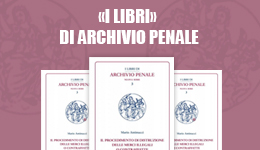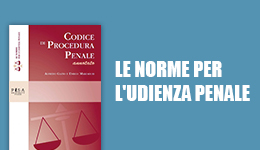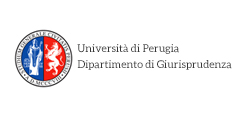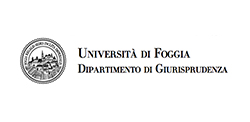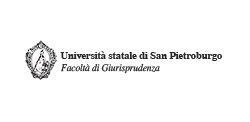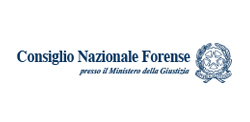Lo studio (commissionato dal Policy Department for Citizens’ Rights and Constitutional Affairs del Parlamento Europeo su richiesta Comitato per le Libertà Civili, la Giustizia e gli Affari Interni - LIBE Committee) passa comparativamente in rassegna le normative in materia di intercettazioni di sei Paesi membri dell’Unione europea (Italia, Regno Unito, Francia, Germania, Polonia, Olanda), oltre che di Stati Uniti, Australia ed Israele, analizzandole alla luce del quadro di riferimento a livello internazionale e sovranazionale, e formulando altresì proposte e raccomandazioni per i legislatori degli ordinamenti interessati.
Per quanto riguarda l’Italia, il rapporto ricorda la più recente giurisprudenza di legittimità (tra cui Cass. SS.UU., sent. 1-7-2016, Scurato) e la bozza di legge “Quintarelli” (Atto Camera n. 3762 del 20-4-2016), considerata un’ipotesi di riforma tendenzialmente soddisfacente. Su quest’ultima non mancano tuttavia alcuni appunti negativi: «the use of these tools, and the evidence gathered, is not challenged in court as many legal professions do not have enough knowledge of the tools and how evidence is gathered using these tools. Furthermore, the requirement to delete ‘non-relevant’ data does not define this term and it does not provide for the fact that the investigator may already be cognisant of this data, i.e. the ‘fruit of the poisoned tree’ doctrine.».
Vengono infine espresse critiche significative anche sulle intercettazioni operate dai servizi di intelligence: «the law does not provide for notification or specific judicial or non-judicial remedies for subjects of surveillance. Furthermore, the law does not expressly state the nature of circumstances which may result in the use of hacking techniques; does not express the need for an ex-ante or ex-post warrant; and does not limit the duration or geographical scope of hacking practices.».
Contenuti correlati
- Council of Europe Convention on the Protection of Children against Sexual Exploitation and Sexual Abuse Lanzarote
- Proposta di Direttiva U.E. (COM)2012, 12.3.2012
- Proposta di Direttiva U.E. sul diritto dell'arrestato ad un avvocato e a comunicare con familiari/datore di lavore
- Direttiva 2012/13/UE del Parlamento Europeo e del Consiglio, 22.05.2011


